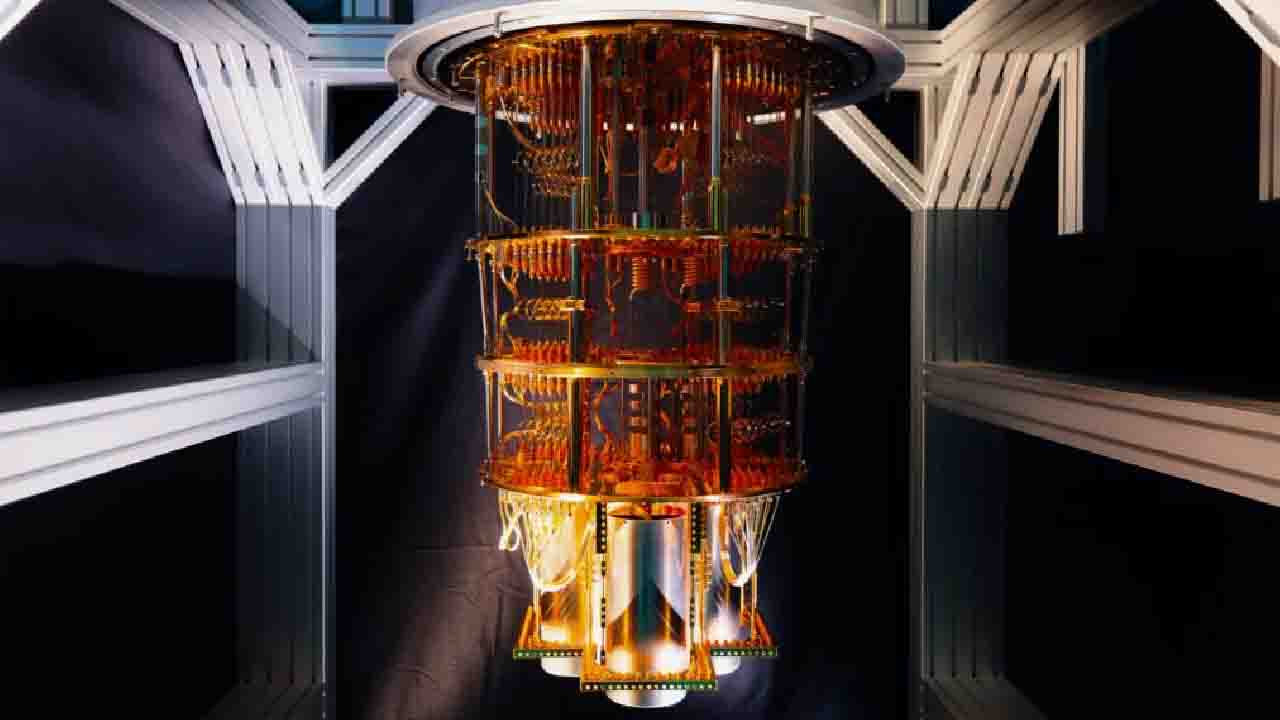Science & Technology, UK (Commonwealth Union) – Quantum technologies are revolutionizing the way we understand and harness the fundamental laws of physics, opening up a new era of possibilities and advancements. Harnessing the principles of quantum mechanics, these technologies have the potential to transform various fields, from computing and communication to sensing and cryptography. In this article, we will explore the fascinating world of quantum technologies, their underlying principles, and the profound impact they are poised to have on our lives.
One of the most promising and widely discussed applications of quantum technologies is quantum computing. Traditional computers store and process information as bits, represented by ones and zeros. In contrast, quantum computers use quantum bits, or qubits, which can exist in multiple states simultaneously due to superposition. Quantum computing has the potential to revolutionize fields such as cryptography, optimization, drug discovery, and simulation of complex systems.
Quantum technologies are poised to redefine the boundaries of what is possible in computing, communication, sensing, and beyond. The harnessing of quantum properties, such as superposition and entanglement, promises unprecedented computational power, unbreakable encryption, and ultra-precise measurements. While challenges remain, the rapid progress in the field indicates a bright future for quantum technologies. As research and development efforts continue, we can expect transformative breakthroughs that will reshape industries, drive scientific advancements, and pave the way for a quantum-powered future.
Researchers have brought about a crucial leap forward with quantum technologies that may change complex systems modelling with a precise and effective approach needing significantly lower memory.
Present models applying artificial intelligence (AI) see their memory needs elevated by over a hundredfold every 2 years and can regularly involve optimization over billions or even trillions of parameters. Such large quantities of information brought in a bottleneck where it is required to trade-off memory cost against the predictive preciseness.
A joint partnership of scientists from The University of Manchester, the University of Science and Technology of China (USTC), the Centre for Quantum Technologies (CQT) at the National University of Singapore and Nanyang Technological University (NTU) have suggested that quantum technologies may bring in a path to reduce this trade-off.
Researchers have had a positive outcome in implementing quantum models capable of simulating a family of complex methods with just one qubit of memory, this is the basic unit of quantum information, giving substantially lower memory needs.
Unlike classical models that depend on elevating memory capacity as higher data from prior events are stacked up, these quantum models require just 1 qubit of memory.
The development, that appeared in the journal Nature Communications, demonstrates a significant step forward in the use of quantum technologies for complex system modelling.
Dr Thomas Elliott, who is the project lead along with Dame Kathleen Ollerenshaw Fellow at The University of Manchester, indicated that a lot of proposals for quantum advantage draw their attention towards the utilization of quantum computers for speedy calculations. They took a complementary approach and instead explored the way quantum computers can us us lower the size of the memory they need for their calculations.
The project takes further a prior theoretical proposal by Dr Elliott as well as the Singapore team. For testing the feasibility of the approach, they collaborated with USTC, who applied a photon-based quantum simulator for bringing in the proposed quantum models.
Beyond the immediate findings, the researchers stated that the study gives opportunities for more evaluations, like exploring the advantages of lower heat dissipation in quantum modelling when contrasted to classical models. Their work may further seek possible use in financial modelling, signal analysis as well as quantum-enhanced neural networks.
The next moves consist of plans to look into these links, and to scale their work to an increased dimension for quantum memories.











